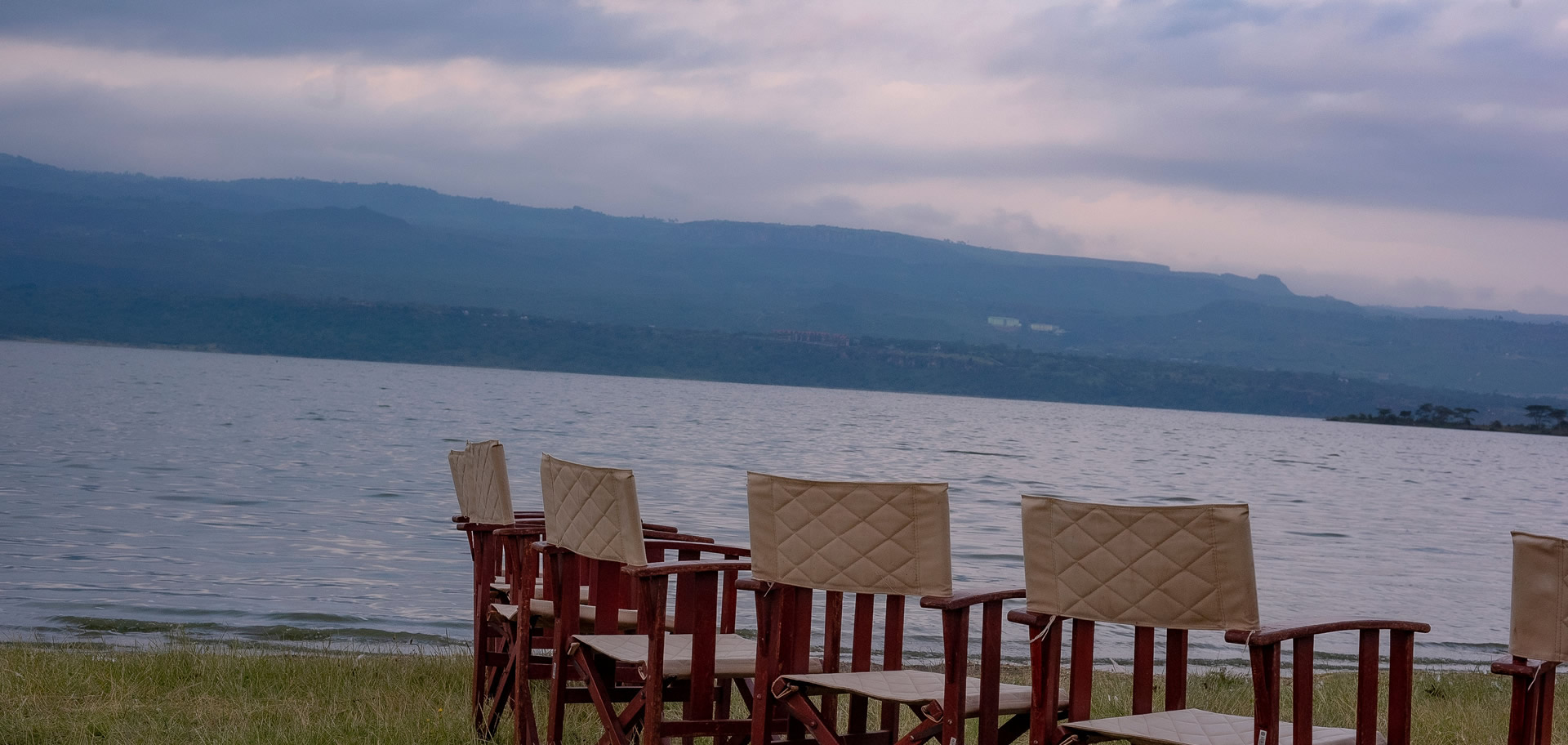General Guidelines on your Travel
Travel Insurance
It is a requirement that all our clients travelling to Africa should have travel insurance which includes cover for medical treatment and emergency air evacuation.
Security
We wish to ensure that you enjoy your stay in Kenya without any undue concerns about safety and security. The tourism industry in Kenya takes visitor safety very seriously and considers all aspects of the tourist’s stay in Kenya. For this reason, the industry created a Safety and Communication Centre under the auspices of the Kenya Tourism Federation (KTF), which is operated 24hrs a day to monitor visitor safety and to liaise closely with the security agencies in Kenya.
Visas
Visas are required for most visitors to Kenya.
Health
There are no compulsory vaccinations required for entry to Kenya unless you are arriving from an area infected with Yellow Fever, in which case a Certificate of Inoculation against Yellow Fever is required from travellers older than one year. Visitors coming from other countries in Africa where Yellow Fever may occur, including Ethiopia, Rwanda, Tanzania, Uganda and Zanzibar, require a Yellow Fever certificate.
Climate
Kenya’s climate varies across the country, from the tropical humidity of the coast, the dry heat of the savannah or semi-arid areas and the cool air of the highlands. Temperatures in these areas are fairly constant year round with an average of 27°C (80°F) at the coast, 21°C to 27°C (70°F to 80°F)…
Credit Cards
All the major Credit cards are widely accepted in the city hotels, city restaurants and city shops but this may not be the case in the rural areas. A commission charge is normally added to any transactions using a credit card. Travellers cheques may be cashed in a bank but this may be a somewhat lengthy process. The smaller safari lodges and camps or rural hotels may not all accept travellers cheques or credit cards and where they do they may give an unfavourable exchange rate or add a surcharge, so it is recommended that you obtain whatever local currency you may need on safari in advance by drawing cash from an ATM at a bank in Nairobi using a VISA card.
Banking Hours
Monday to Friday: 0900hrs - 1600hrs. The airport banks are open until midnight every day. Banks typically give a better exchange rate than hotels and we recommend you change some money at the bank upon arrival. In Nairobi, the Jomo Kenyatta International Airport (JKIA) has a bank located in the corner of the arrivals hall. ATM cash machines are available at Nairobi airport and in most major towns allowing cash to be drawn using an international Visa card with a P.I.N.
Photography
As a basic guide we suggest that each person have their own camera, a 35mm or 5+ mega pixel digital camera. Interchangeable lenses are recommended, with a normal lens and a telephoto of at least 200 mm, although a 400 mm or more is preferable for close-ups and for photographing birds. Other lenses e.g. wide angle, macro etc., may be brought.
In general terms, a dSLR (digital Single Lens Reflex) camera with interchangeable lenses is the best option. The best lenses for wildlife photography are in the range of 200-400mm, while those wishing to take close ups (eg of insects), landscapes or shots of animals in their environment should if possible also bring wide angle lenses in the range of 24-100mm. We do not advise you to bring cumbersome flash units or tripods but we do advise that at least one member of your group has a video camera available, although many dSLRs now have these built in. Bring plenty of batteries and a charger so you don’t run out of power! Cameras get dirty easily in dusty safari environments so bring plenty of cleaning equipment like cleaning cloths and a blower brush. Finally bring plenty of memory cards – you will be surprised how many shots you may end up taking. Each person should ideally have their own pair of binoculars as they are essential to see the birds and animals in the distance. The best size is 8/10 x 40 and, again, they don’t need to be the most expensive top of the range binoculars.
Packing List
Where possible luggage should be kept to a minimum due to the space restrictions on light aircraft. Soft bags (that are lockable) are preferable to large rectangular suitcases. On the Safarilink and Airkenya light aircraft flights the weight of luggage that can be checked in is limited to 15kgs. At many camps and lodges a small amount of laundry may be done for you (e.g. one or two items per day per person). This is washed by hand and generally doesn’t include personal items such as underwear for which a supply of detergent is provided in the tents for use of guests. Ask our Sales team for more information when you book.




